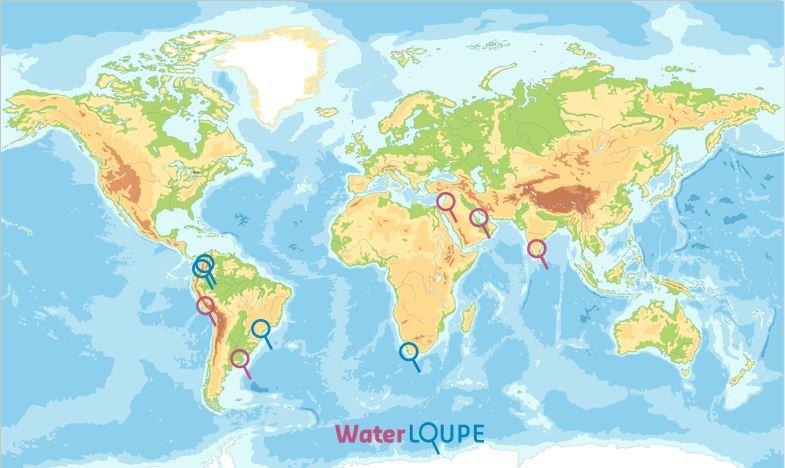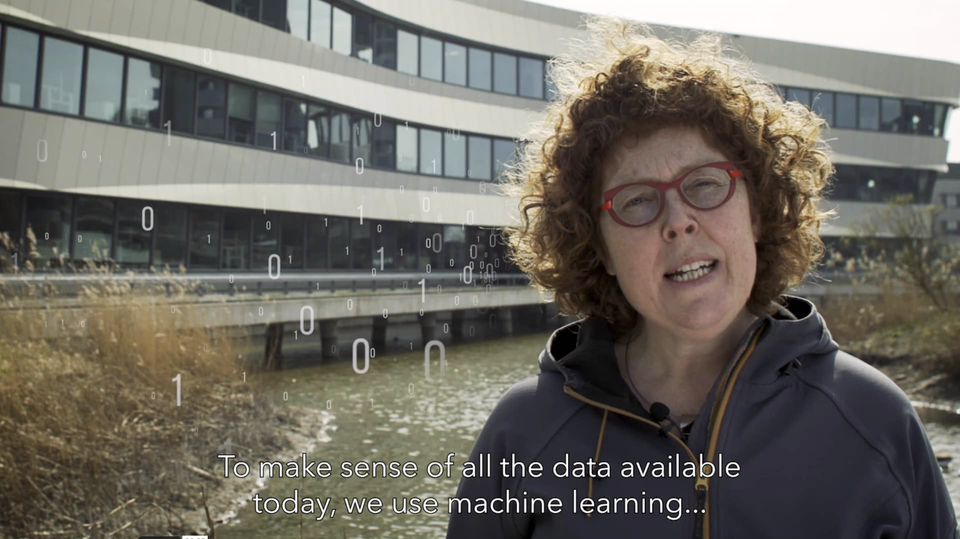Deltares in brief
Focus on the Future, Fast Forward Now
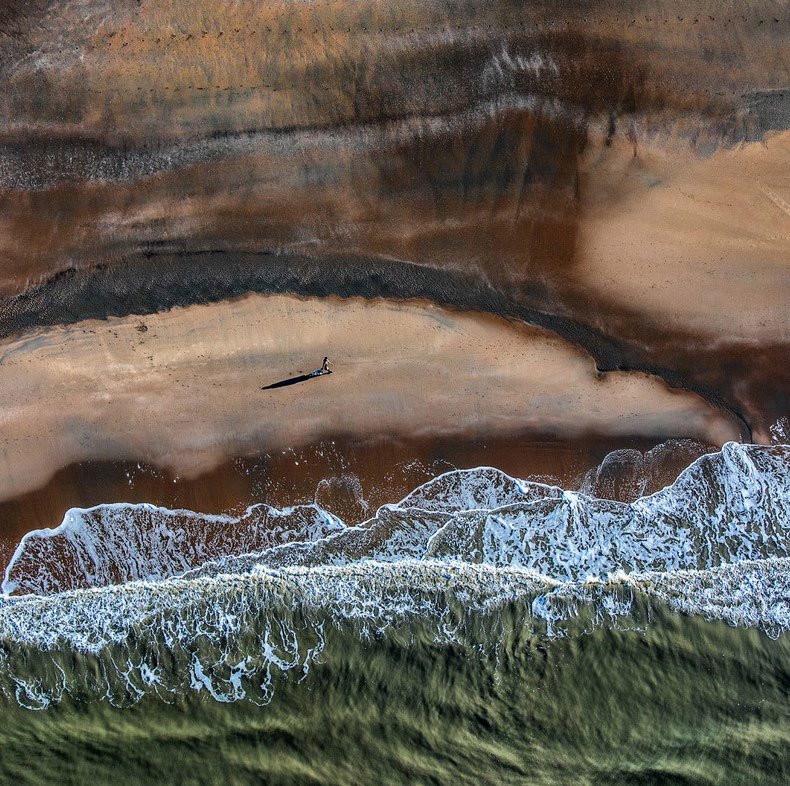
Agility is more important than ever. Our environment is changing rapidly and unpredictability is increasing. The challenges facing society are gigantic..
Read on
Predicting water availability with Grow with the Flow
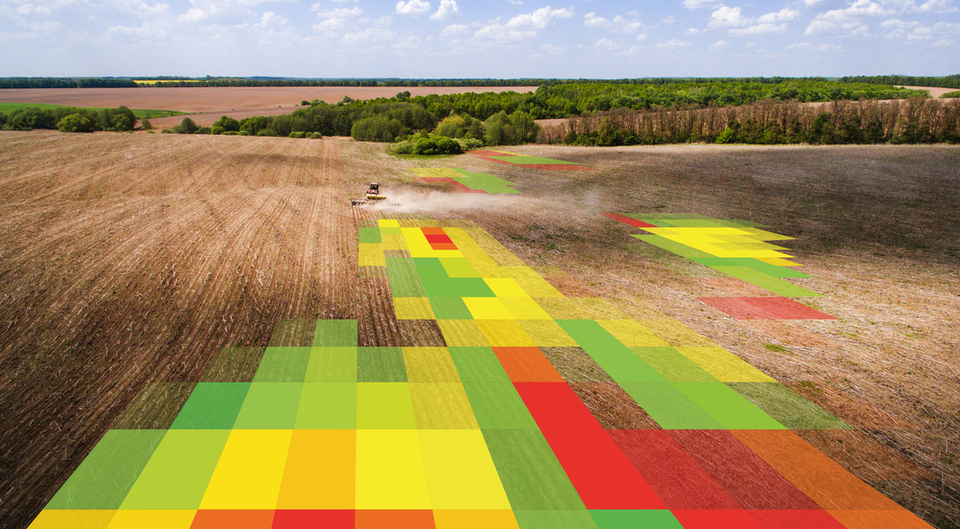
Climate change is putting water shortages and flooding front and centre. Over the past two years, Deltares has been working with Wageningen University and Research..
Read on
New WaterLOUPE 2.0.
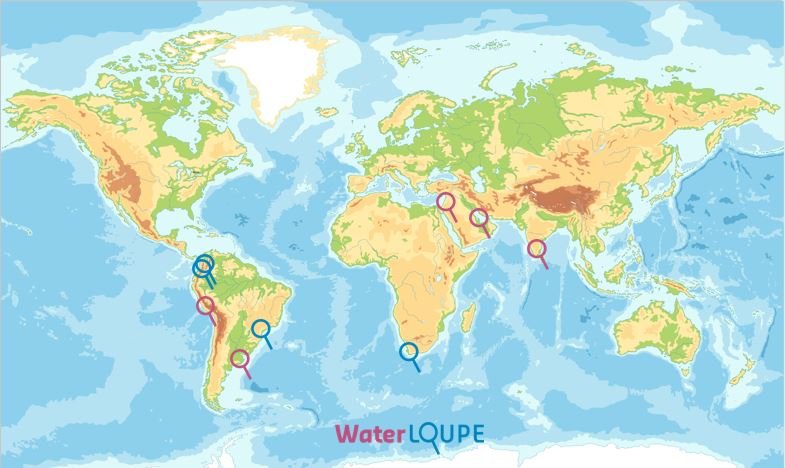
We launched WaterLoupe 2.0. with Kimberly-Clark recently. It is now also possible to work with users to evaluate the physical, environmental, economic, social and..
Read on
Combining system knowledge with data science
How can we improve the stability of Dutch railway tracks? And where do severe water shortages result in violence in conflict areas around the world? These are topics that are covered in the video below demonstrating how wide-ranging our work is.
By combining our systemic knowledge with data science, we can better understand the world we live in and contribute to tackling advanced problems. At Deltares, we are committed to deploying all our knowledge and expertise to keep delta areas in the world habitable and safe.
Dike of circular clay tested in Delta Flume
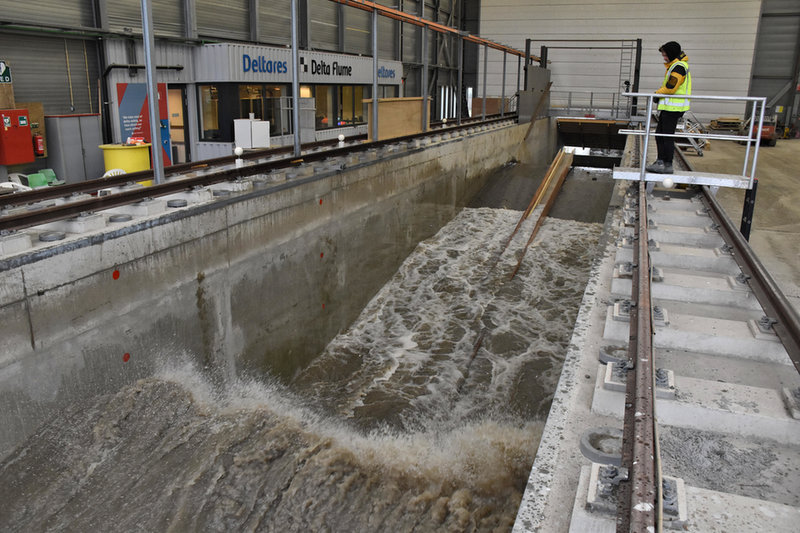
A dike of clay obtained locally is currently being tested in the Delta Flume at Deltares. A full-scale cross-section of the dike was built in the flume and then subjected to super-storm conditions. The..
Read on
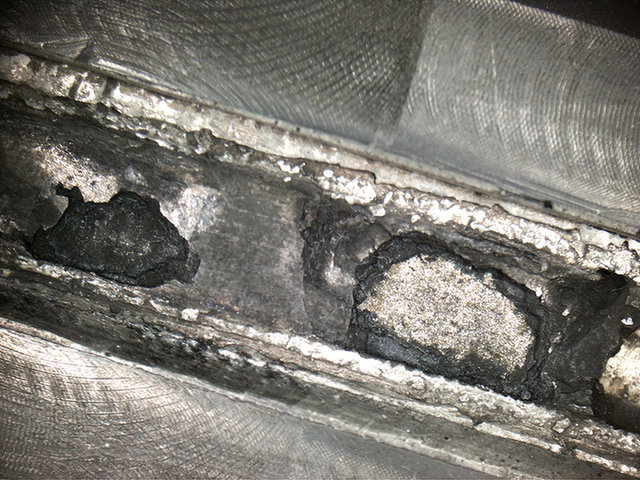
Focus on the Future, Fast Forward Now
Agility is more important than ever. Our environment is changing rapidly and unpredictability is increasing. The challenges facing society are gigantic and complex, and they require an integrated, systemic approach. We need to formulate the slow processes of land subsidence, sea level rise, changing river discharges and water quantity and quality in terms of their relevance for today's world.
Focusing on the future is needed for the digital developments that can bring us into a revolutionarily different world. And although it is impossible to describe that world in every detail, we are convinced of the need to move ahead faster in terms of data management, software development and modelling.
Focusing on the future is part of being aware of national and international developments in the world and the societies in which we operate. We want to strengthen our position faster in the Dutch knowledge and innovation system. It also takes us to new parts of the world where we are willing and able to contribute to sustainable, safe and healthy living with our unique knowledge.
Deltares is going full speed ahead with our work. In our new Strategic Agenda '22-25 – Focus on the Future, Fast Forward Now – you can read about our priorities for the years to come. Together with you!
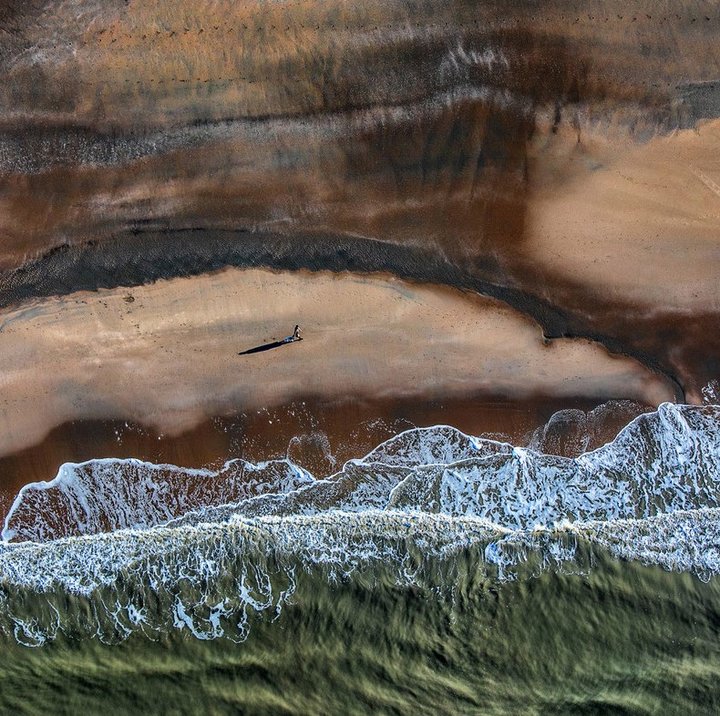

Dike of circular clay tested in Delta Flume
A dike of clay obtained locally is currently being tested in the Delta Flume at Deltares. A full-scale cross-section of the dike was built in the flume and then subjected to super-storm conditions. The tests are part of an extensive study looking at the suitability of circular clay as a material for dike reinforcement. The clay was taken from salt marshes on the coast near Delfzijl and from harbour sludge from the Eems-Dollard estuary. The Hunze en Aa's water authority wants to use the clay obtained locally to strengthen the sea dike near the Kerkhovenpolder in Groningen and transform it into a 'Broad Green Dike'.
With the results of this trial, the water authority can calculate the required thickness for the clay layer on the Broad Green Dike. The results may also enhance the predictability and applicability of locally extracted dike material in the Netherlands and abroad.
For more information:


Predicting water availability with Grow with the Flow
Climate change is putting water shortages and flooding front and centre. Over the past two years, Deltares has been working with Wageningen University and Research (WUR), two water authorities and private bodies on the development of an integrated platform that can be used to monitor data about water availability at the level of individual plots of land, while also taking weather forecasts into account.
The pilot project is starting this year with six growers who will go to work using the available information. The results of this trial will be presented at the end of the harvest season and they will contribute to the ongoing development of the platform. Arable farmer Hardeman from Harskamp, one of the growers participating in the pilot project, says: “I expect this system to provide me with a much clearer picture of how much water is available for each plot of land. That will allow me to make irrigation smarter and possibly to save water as well.”
For more information:


New WaterLOUPE 2.0.
We launched WaterLoupe 2.0. with Kimberly-Clark recently. It is now also possible to work with users to evaluate the physical, environmental, economic, social and political suitability of a variety of measures. The underlying knowledge makes it possible to select the best strategy to reduce the risks associated with water scarcity.
Working with Kimberly-Clark, we established the WaterLOUPE platform in 2017 to map out the challenges relating to water scarcity in different regions and for different sectors. Knowledge about the availability of freshwater in river basins is combined here with social, economic and climate factors at the local level. The vulnerability of sectors plays a major role in the calculation of the risks. Everything on a user-friendly dashboard. In recent years, the platform has been used in river basins around large cities such as Cali (Colombia), Sao Paulo (Brazil) and Cape Town (South Africa).
Companies with water stewardship ambitions are cordially invited to participate in development.
Please get in touch with:
